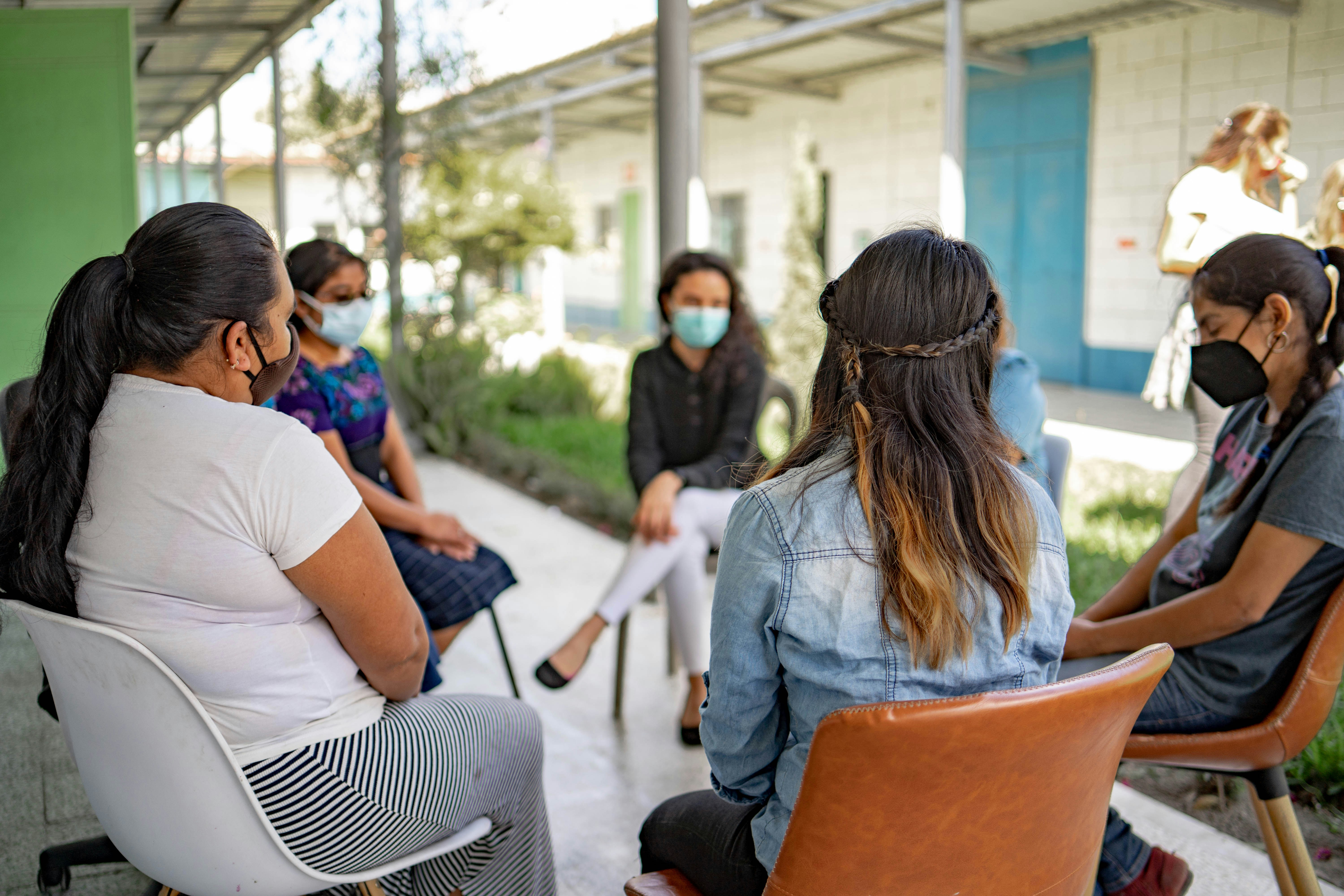News release
From:
There is a significant lack of high-quality data on the mental health of Asian and Middle Eastern, Latin American and African (MELAA) women and girls in Aotearoa New Zealand. Existing evidence is limited and drawn from studies with diverse populations and outcomes, making it difficult to draw clear conclusions. Most of the available research does not specifically focus on mental health among Asian and MELAA women and girls and often does not provide detailed data for these groups. Only three peer-reviewed studies have examined the mental health and wellbeing of Asian women in New Zealand, and these were limited to a few sub-ethnic groups. No studies were found that focussed solely on MELAA women. These gaps in knowledge have important implications for the development and delivery of mental health services. Without accurate and detailed data, it is challenging to understand and respond to the specific needs of these communities.



 New Zealand
New Zealand


